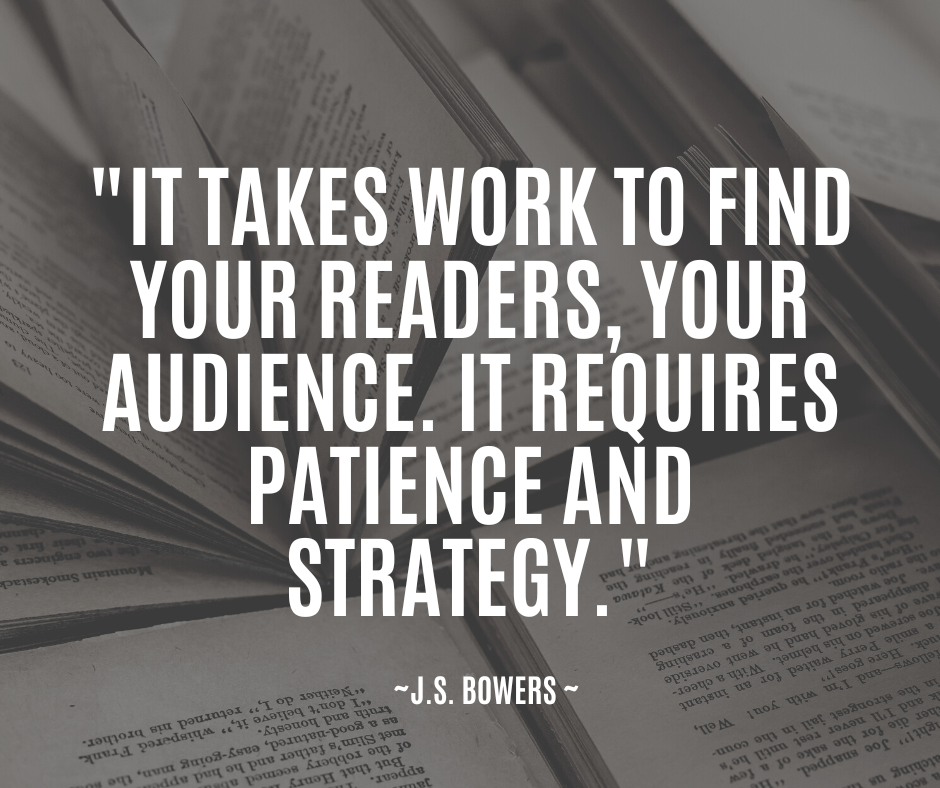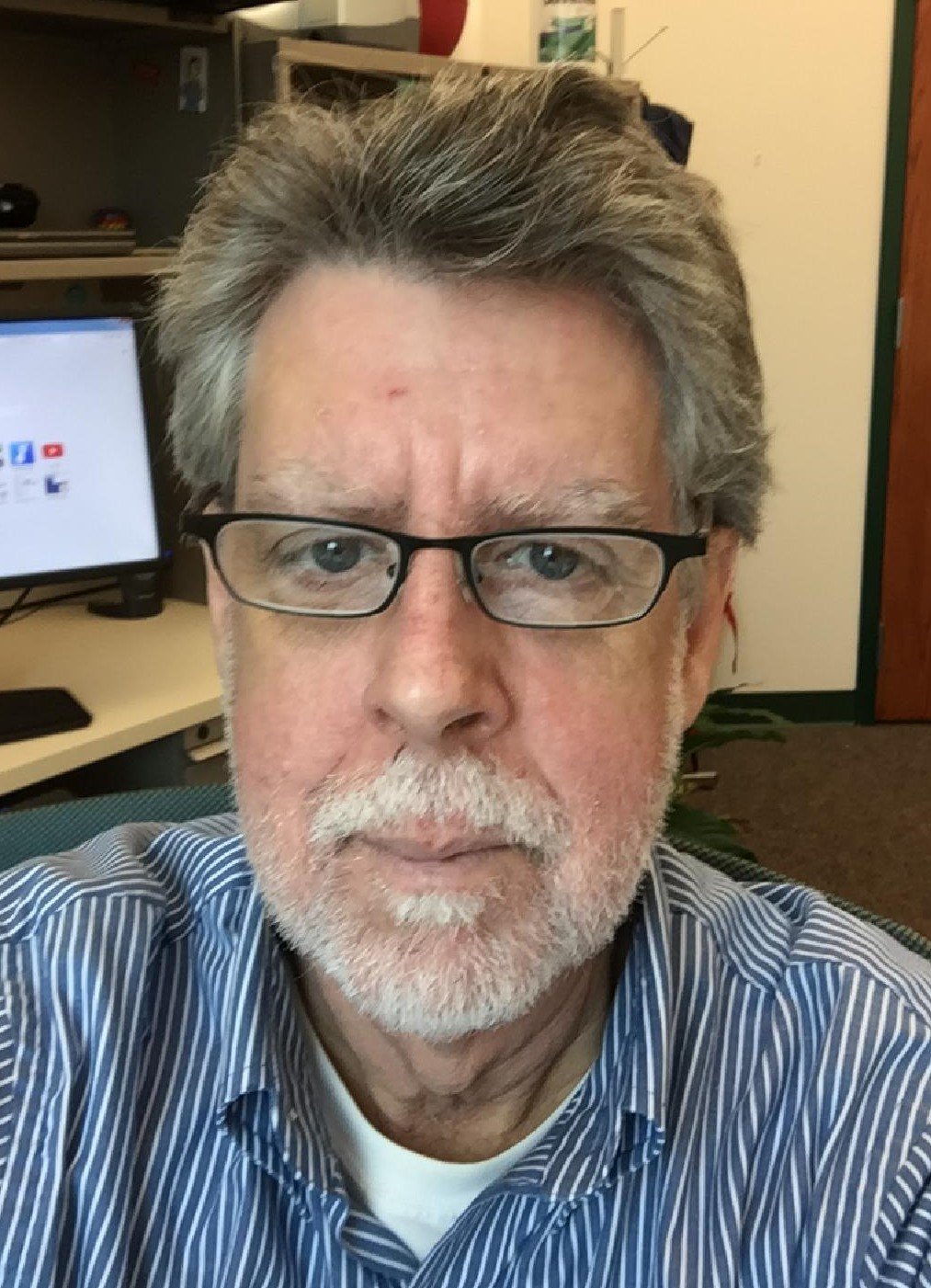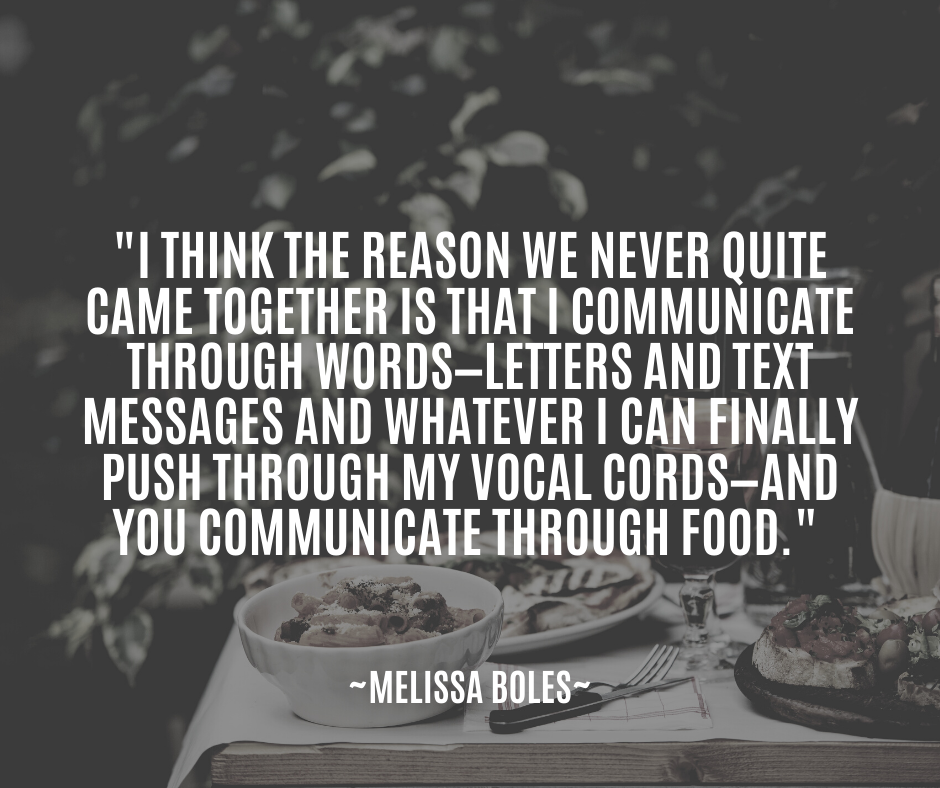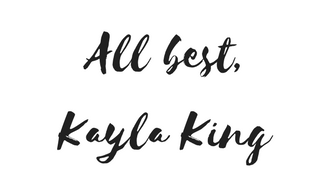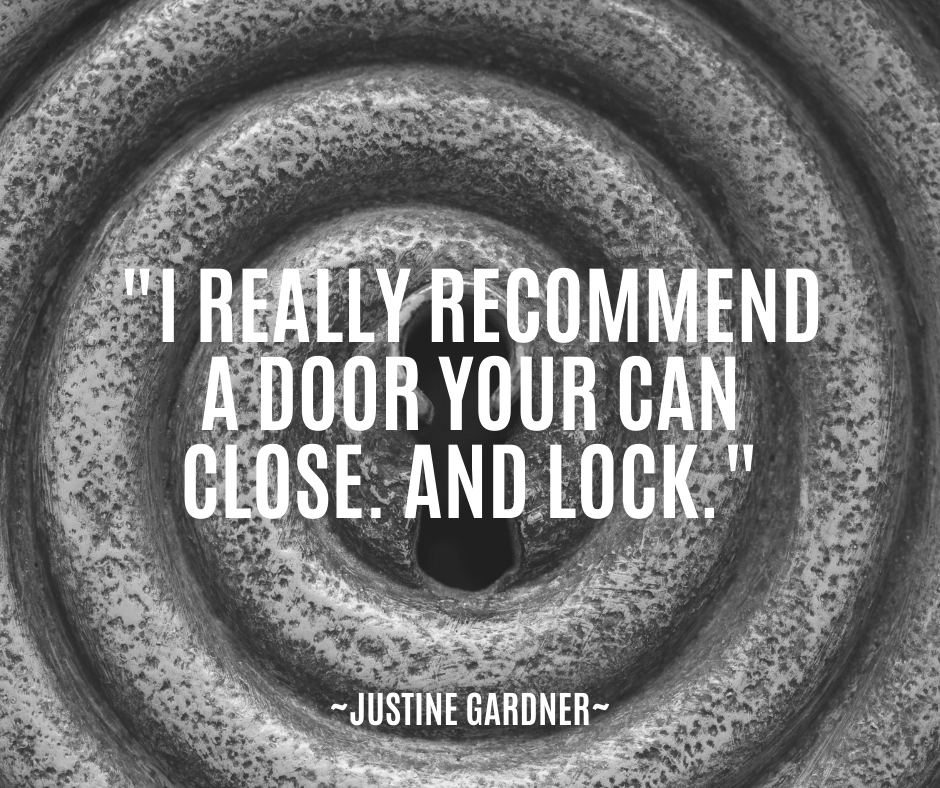Though my TBR grows daily, this did not stop me from adding J.S. Bowers’ newest novel, Silver Sparks to my list of must reads. Today, I’m excited to dive into the writing life of J.S Bowers, learning about his process for publishing his second book, finding his writing community, and making a career out of being an author.
Let’s start at the beginning, when did you know you wanted to be a writer?
Kayla, my dad's side of the family ran a newspaper in northwest Iowa, going back to 1915. I remember visiting there when I was 7, and my grandfather let me bang away on his typewriter. He published in the paper a ridiculous little piece I wrote about birds. My first byline! I was hooked.
Are you a plotter, pantser, or somewhere in between?
I'm notoriously unable to outline. It's embarrassing to admit it, because I harbor in my hard little heart the conviction that good writers view their stories in panoramic start-to-finish visions before they ever set a word to paper. My strength as a pantser is that I love to surprise myself, and I'm not reluctant to throw out chapters when I realize they're not working for the story.
Where is your favorite place to write?
I'm so fortunate to have a beautiful back porch that overlooks a small wooded wetland area. For the winter, I will have to take the same zero-gravity recliner chair into the basement and write there. I've trained myself as best I can to write anyplace. I write in my car, but first I park and get into the passenger seat.
Did you curate a playlist for Silver Sparks while writing, or is music too distracting for your process?
I prefer to have quiet while I'm writing. I write songs, in addition to writing fiction. When music is playing I tend to give at least half my attention to it, you know, figuring out the chord changes, listening for passages I like. See my website for more about songwriting. I've been working with the same collaborator for more than forty years.
Without too many spoilers, which was your favorite scene to write in Silver Sparks?
I tried to make Silver Sparks a fun and lighthearted book, but there is a sequence in the middle where Kaneia has run away from home after witnessing a crash. She is really quite ill, and she's hiding out in an underground hovel, undergoing a personal transformation. That scene allowed me to write about depression and metamorphosis.
When I wrote that scene during my first draft, I recognized that it was much better than what I had written up to then. It was a turning point for me. The rest of the novel flowed easily, and then I went back and uplifted what came before. It was my favorite scene to write and is still my favorite scene to read.
Is there any advice you would give to writers considering independent publishing?
Yes, and my first piece of advice is to learn from what Kayla King has done. Kayla, you have been a role model for me and I wouldn't have been brave enough to step into this world if I hadn't seen what a success you made of it. Indie authors support each other, and there are lots of excellent free resources for getting started. I won't start banging the drum here, but I'm an enthusiastic advocate for authors to publish their own work.
What comes next? Is there another project you will be working on following publication of Silver Sparks?
Silver Sparks is really special for me because it was the first novel I wrote and finished. But it wasn't the first novel I published. When I moved to New York in 2019, I started working more diligently and my writing skills improved. I wrote a novel called Wash Away that introduced some characters and storylines that I really loved.
So my next project is the sequel to Wash Away, tentatively titled Fast Asleep, and I'm well underway with writing it. At this stage in my career, I'm more interested in finding readers than in making money, so Wash Away is priced to steal at 99 cents.
What is your favorite thing about your book cover?
Oh, boy. I am so happy about my book covers. Both of them were designed by a talented Romanian artist named Tudor Popa. He gave me wise guidance as I figured out what I wanted. What I most love about the Silver Sparks cover, and this is silly because it's a tiny design element, but there's an almost-invisible row of interlocking salamander silhouettes right above my name. It utterly delights me.
What did you learn after publishing your first book?
It takes work to find your readers, your audience. It requires patience and strategy. I have used free promotions on amazon.com, and inexpensive paid placements in book-promotion newsletters, to try to get Wash Away into as many hands as I could.
Months passed before I started to get signups to my author mailing list and reviews from strangers. But the other thing I learned is that self-publishing is a really forgiving endeavor. If you recognize that something is not working the way you want, it's generally easy to fix it. I try to live by the attitude that this is my career now, and I'll get better and better with every book.
Was there any part of the process, either writing or publishing that you changed the second time around?
I involved a larger group of beta readers for my second book. I hesitate to confess this because I know it violates best practices, but I didn't hire a professional editor or a proofreader for either of my books. I used to work as a proofreader, so I have a pretty high level of confidence about it, but when you read your own work, it's hard to apply the focus and discipline necessary to find typos. I had the (possibly deluded) hope that having more beta readers would mean they were more likely to find typos. So far I have not discovered any errors in either finished book.
Have there been any recent books you’ve read that stood out or that you would recommend?
I'm a fan of Susanna Clarke. I liked both Piranesi and Jonathan Strange & Mr. Norrell. Her two books are not at all like each other, and I admire that she stepped off a ledge that way, and didn't try to duplicate her first book.
As someone who has found a writing group, can you share why you sought one out in the first place?
The answer to that question has a lot of facets for me, but the most simple truth is that I couldn't get better as a writer without sharing my work and listening to feedback. I had my first writing group while I was in college.
I like a group where we read our work aloud, and I've tried to develop the skill of spotting awkward sentences and other problems while I'm reading. If you stumble over a phrase while you're reading it aloud, there's a problem with that sentence.
Can you share he benefits of being part of a writing group?
Something I've recognized about myself is that I really like to talk to other writers. That's one of the reasons I signed up to be the Buffalo-area municipal liaison for National Novel Writing Month. I enjoy the company of writers and I like "talking craft," as they say.
For me it is immensely rewarding just to be able to chat with the other five members of my writing group. We chose each other and I think we have a high degree of commitment. I am lucky to know people so insightful. I learn by listening to other people's work and by trying to understand it well enough to give practical, helpful comments.
As you know, Kayla, I'm not somebody who blithely smiles and bounces back complimentary patter. Nobody in our group is like that. We're honest and we're vulnerable, and we passionately believe in each other.
Are there any writers who inspire you to keep pursuing this passion?
This may be an ass-backward answer to your question, but lately I've been thinking about Franz Kafka. He didn't publish during his lifetime, and in my opinion, he didn't wish to publish his work. He wrote for himself and that gave him the freedom to be as innovative and as unconventional as he wanted to be.
I would like to find that same kind of freedom of imagination, to envision a story that begins with a man waking up as a vermin without any further explanation.I like authors who throw commercial considerations to the wind. Kafka wrote one of my favorite quotes about writing: "You do not need to leave your room. Remain sitting at your table and listen. Do not even listen, simply wait, be quiet, still, and solitary. The world will freely offer itself to you to be unmasked, it has no choice, it will roll in ecstasy at your feet."I
Is there anything else you’d like to share?
Kayla, thank you for sharing your good will with me so generously! To anybody who has read this far, thank you and I would love to hear from you.
About Silver Sparks
When you land a flying bicycle on the water, keep the wings level! And wear rubber gloves while handling the swamp dragons, or you will get very high. Silver Sparks is a young adult eco-adventure with a dash of magic and first love. Join Kaneia and Jasper in their fight to save the salamanders of Trevian Bay.
About J.S. Bowers
Fiction writer and novelist from western New York. Guitar jackhammerer. My science fantasy satire novel Wash Away was published in February 2022. Editor of the memoirs of Joan Haverty Kerouac, Nobody’s Wife. You can follow more of J.S. Bowers’ writing journey at his website, or on Twitter, Instagram, and Facebook.

